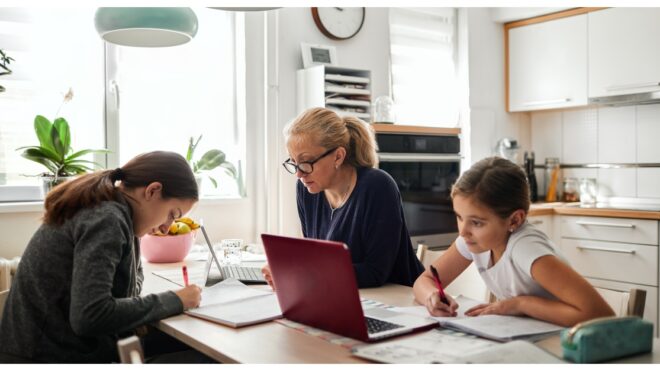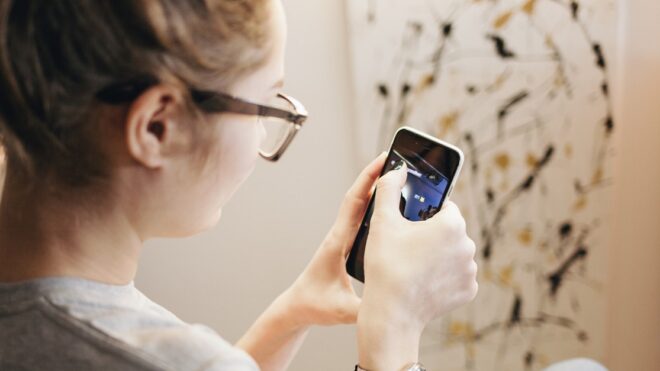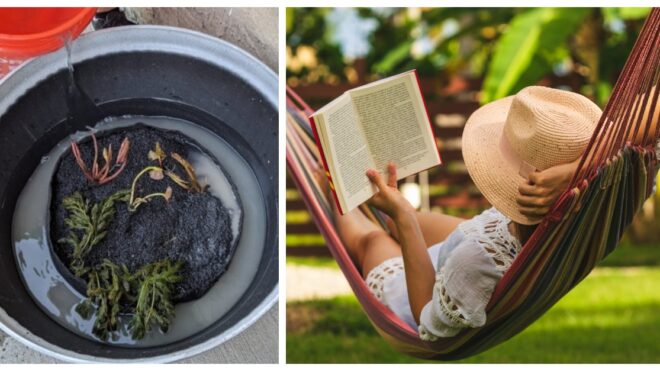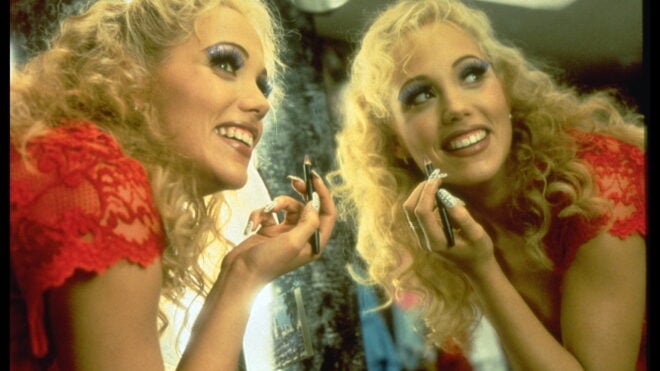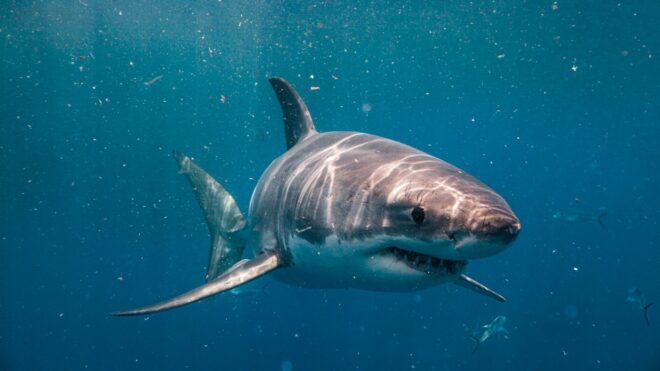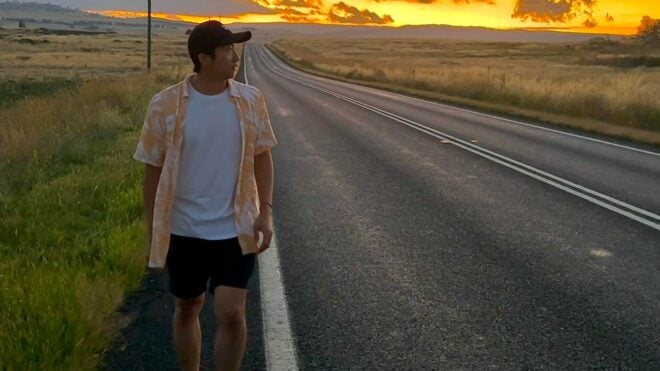My family loves to travel domestically and internationally. We rack up several combinations of flights and road trips a year, and we have a deal where we each take turns picking a country to travel to every other year. This year, we got extra lucky: We had the means to visit a longtime friend of mine in Panama and decided to go for it, even though international travel wasn't part of our plans until 2021.
We booked the trip months ago and originally planned to fly in January 2020. That was derailed, so we rescheduled for early March 2020. Of course, between the original trip and the new one, COVID-19 started to snake its way across the globe.
We weren't super deterred, because before we left the news was reporting few cases in the US and absolutely zero in Panama. Our son has asthma, so we made sure to get an emergency dose of prednisone with us just in case, and we packed up his meds to take with us.
But, as it so often goes, things shifted while we were traveling. We were in Panama City when news that a woman had been diagnosed with the coronavirus broke, and then the next day it was revealed that another man had died from the virus. And, as it goes, the same day we heard about the first case, both my child and my friend's daughter started sniffling.
We wanted to stay calm and logical, but we also wanted to be safe and keep others safe, too. So we started shifting our plans around and tried to see what kind of help we could get. Here's everything we did, why we did it, and the advice I'd offer other families in the same position.
1. Take your time to be thoughtful.
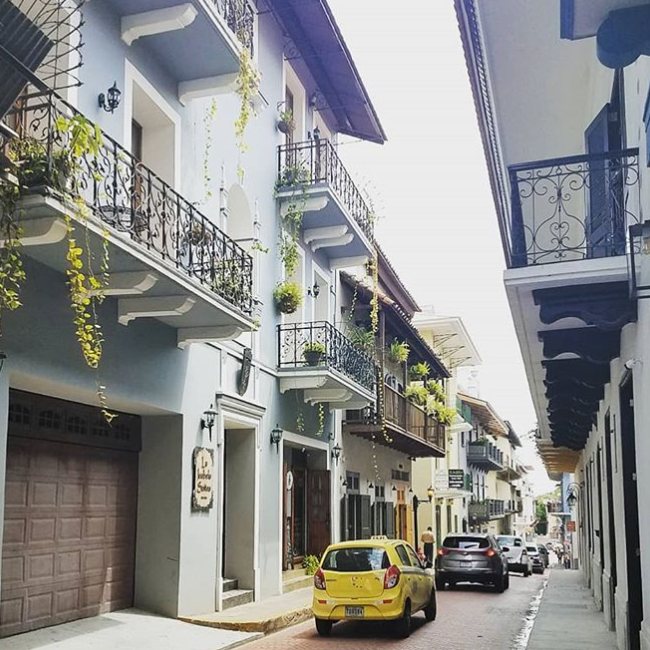
So it's a funny reality that when you become hyper-aware of something scary in the world, it's easy to imagine that it's happening directly to you. While we had briefly talked about the coronavirus prior to finding out a woman in Panama had been diagnosed, the conversation definitely shifted after we found out. All of a sudden, we all felt a little bit sick, which I think is a pretty normal reaction.
So our first step was to just chill out and keep the kids calm. We had already been in the country for a couple of days, and we'd spent all day Friday in all of the big tourist spots: the canal, Casco Viejo … if we were going to catch it in Panama, we had definitely put ourselves in a position to be exposed, and there wasn't a lot we could do about it.
While we reassured the kids that we would be on top of it, that we would watch everyone for symptoms, and that most likely we would all be just fine if we did come down with COVID-19, we also started researching.
2. Use reliable sources for your information.
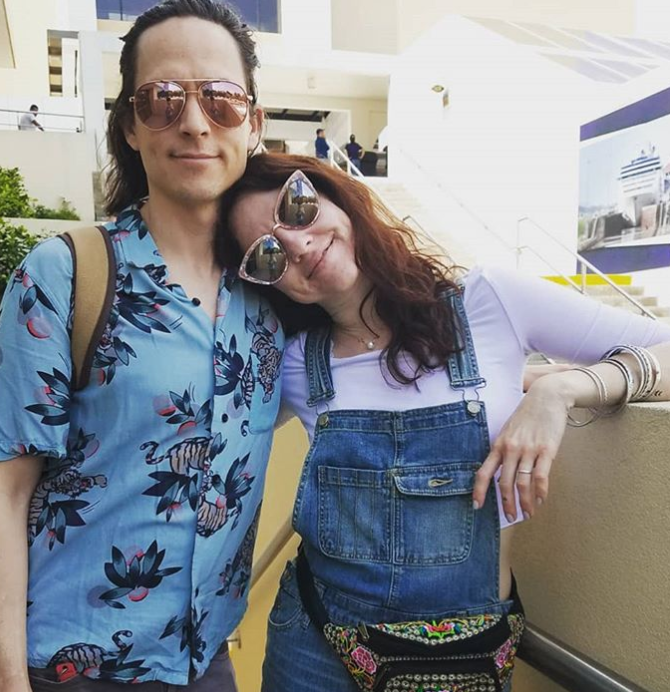
I am a big believer in using legitimate sources for any kind of information, and I think that's of paramount importance when you're dealing with something like a confusing, scary global pandemic. This is kind of uncharted territory for most of us! So we referred ourselves to organizations that we trust: The Guardian for news coverage, the Centers for Disease Control and Prevention (CDC) for updated medical information, and the World Health Organization (WHO).
Unfortunately, we quickly realized the CDC would be of little help to us. It wasn't updating its site with new information, and there was next to no information about Panama.
We were lucky that we could ask my friend, and he knew which local news sites would have information and which wouldn't. Luckily, if you're traveling in a country where you don't have a solid grasp on the language, a lot of browsers will automatically translate for you. We had great success in finding local news in Panama and then translating it to English so we could follow along with the updates and see what they were saying.
3. Don't panic.
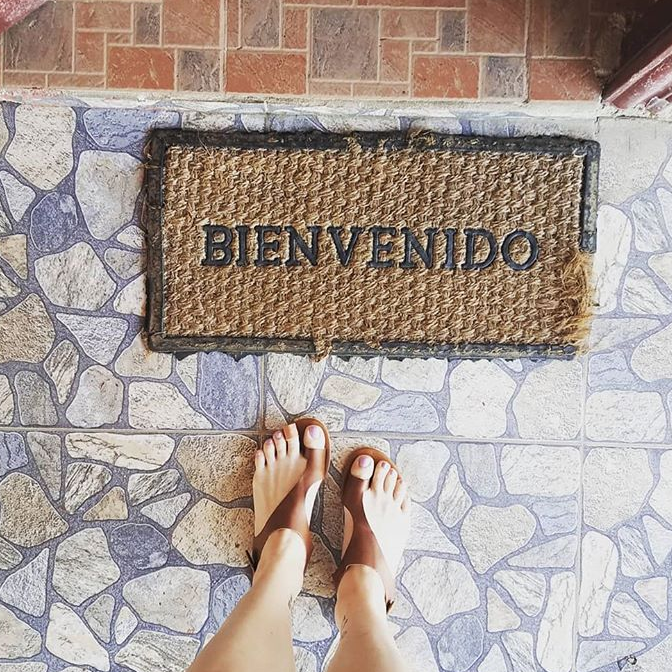
We found out the news Monday night, and the next day, of course, I woke up sniffly. There are a million reasons why that could have been, but everyone's mind immediately leapt to one possibility: COVID-19. And I mean, so did mine! Because it's all we could think about. If it's helpful, here are the symptoms I experienced:
- A feeling of general malaise
- Mild congestion (nowhere near allergy level)
- A mild burning feeling in my chest
- Off-and-on chills
We took a few reasonable steps just in case: My husband went out and bought decongestant, cough drops, and a thermometer, and we planned to have a mostly low-key day in the apartment we were staying in. No one wanted to overreact, but we didn’t want to underreact, either. The kids were both fine, minus the very charming habit they picked up of fake coughing whenever anyone mentioned the coronavirus at all, ever, on any part of the planet.
We also reached out to the US Embassy, which promptly told us there were no confirmed cases of the virus in Panama, despite local news saying a man had died and there were 12 other cases. That was definitely not a heartening moment, and it got worse when we checked international news and realized that it was possible the US wasn't fully prepared for the scope of the pandemic.
I also emailed my doctor, who advised us to attempt to get tested and to consider delaying our return home for a few days while we waited. This sounded like a good plan, so we started figuring out how to get tested. That turned out to be basically impossible.
4. Ultimately, realize you might have to figure it out for yourself.
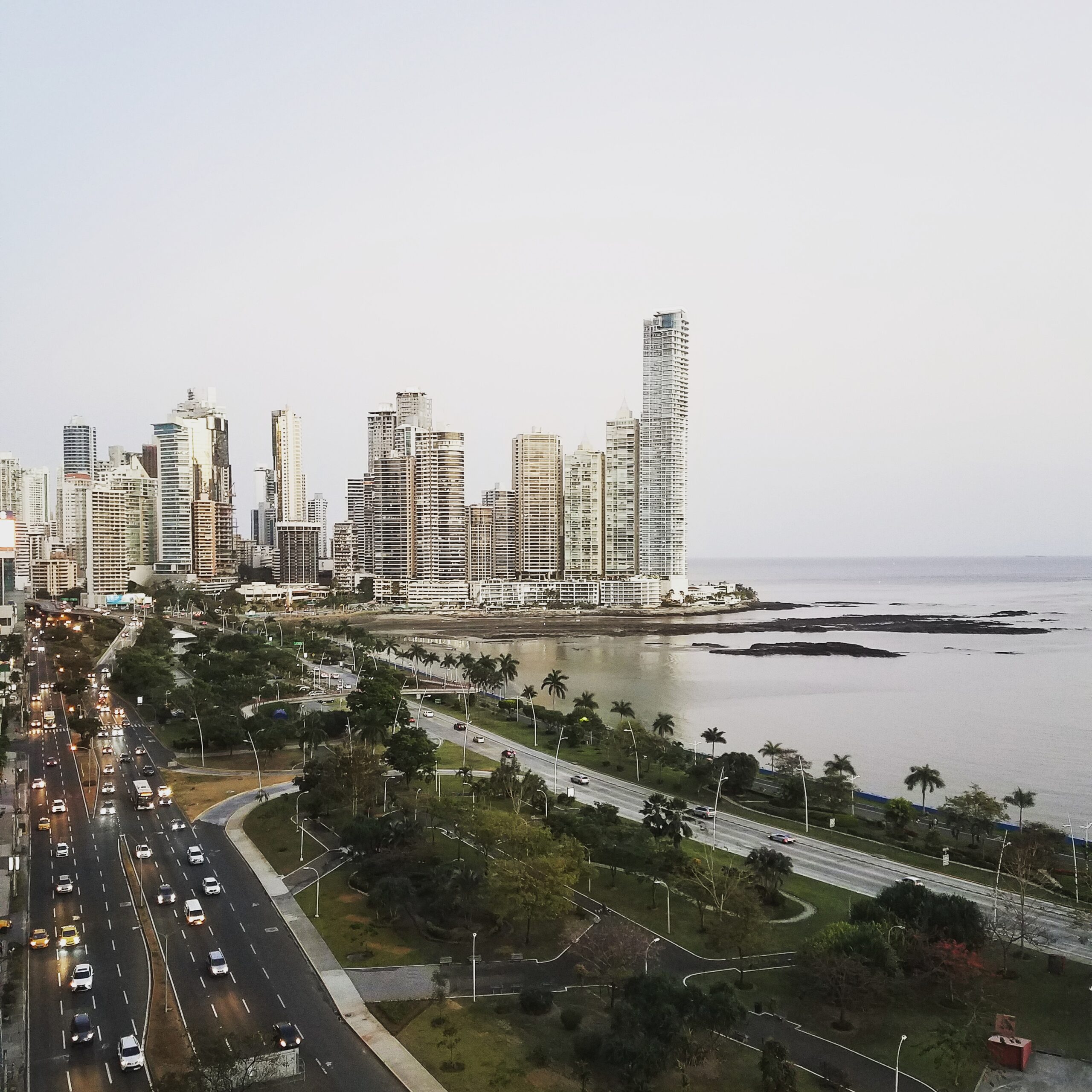
This was the moment we realized that we might have to figure a lot of this out on the fly. By Wednesday, my symptoms weren't better, but they also weren't worse. I genuinely felt like I might just have a regular cold, and my friend mentioned that he had been sick with a small cold in the weeks prior. Under any other circumstances, we would all assume it was a cold, and that's what made all the feelings surrounding this so complicated.
Tuesday night, we found out that the local hotline for people who wanted to get tested was just being used to screen for symptoms. If you didn't have a fever, they weren't going to test you. None of us did, so we had to abandon the plan to try to find a test. Like a lot of the US, it didn't seem like there were a lot of tests even available in the first place. Also, as a healthy 35-year-old, I didn't want to use up resources that others might need, I didn't want to expose anyone older to the virus if I had it, and I didn't want to go to the hospital and definitely get if it I didn't have it.
Our next step was to call the US Embassy again Wednesday morning and see if the staff there had any thoughts. They just told us they weren't responsible for testing and suggested we call US Immigration. Immigration never picked up the phone. Meanwhile, I was still more or less the same, and we were considering extending the trip by at least a few days to be overly cautious — but then President Donald Trump issued a ban on travelers from Europe, and we got justifiably worried that he might do the same for other parts of the world, especially Central America.
5. Be as safe as you can, for yourself and for others.
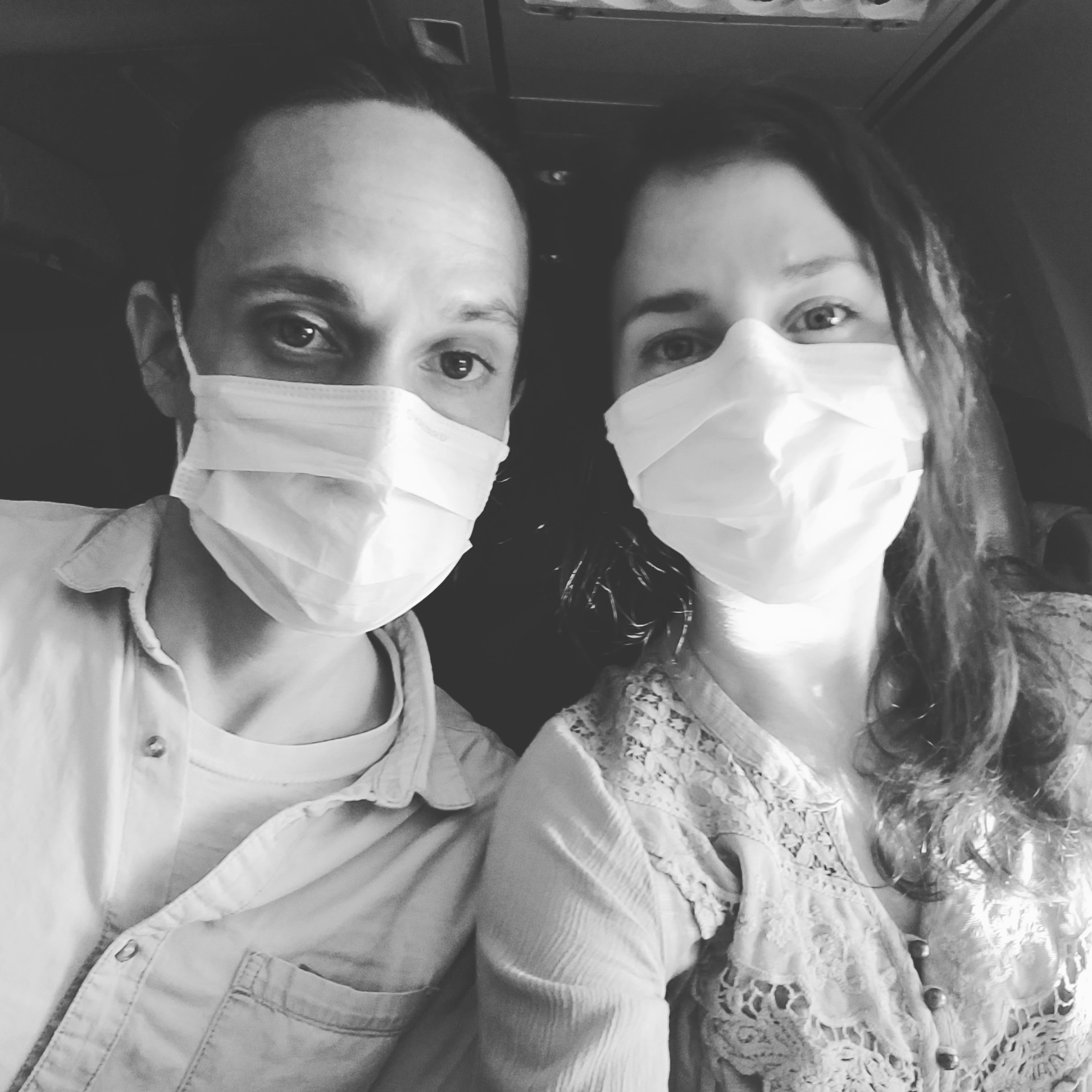
Ultimately, we woke up the morning we were due to travel home with a few key thoughts and concerns:
- My symptoms were still the same — not better, not worse.
- My husband had no symptoms, and he had been everywhere I had been and obviously had been in the same space with me the entire time.
- No one else had symptoms, including our friends whom we spent the entire weekend with and who had been visiting us each night in very close quarters.
- The kids were doing fine, but our son’s nebulizer was in the US, and we wanted to be near it if he did get sick.
- The United States didn’t seem to have any idea what was going on, but we didn’t want to get stranded in another country for a possibly indefinite amount of time.
So after speaking with a friend who works in DC and whose job it is to manage pandemics, we decided to come home. My husband procured three N95 masks since I was showing possible symptoms, and we put them on after washing our hands and before entering the airport. We wore them the entire time and didn’t take them off until we were back in our car in Atlanta.
It was a tough call, because there were several things that were true all at once. We didn't want to expose anyone, but we also didn't know that any of us had anything to expose anyone to. We didn't want to panic, but we did want to have our son's nebulizer with him if he needed it. We wanted to trust that our country would handle this with confidence, but it seems like the jury is still out on that one. We also didn't want to end up in Panama indefinitely, because it's not where we live, we have jobs in the US, and we couldn't afford to just float in another country for potentially weeks.
Ultimately, I feel secure with the choices we made, because each was made after hours of research, planning, and careful consideration. We did everything we could do to keep as many people as possible safe, including ourselves but not only ourselves.
And PS: I'm still doing fine! Same symptoms, but so far, so good.

